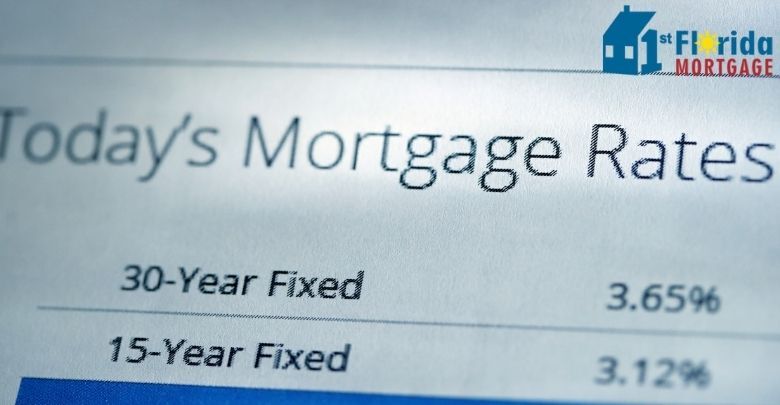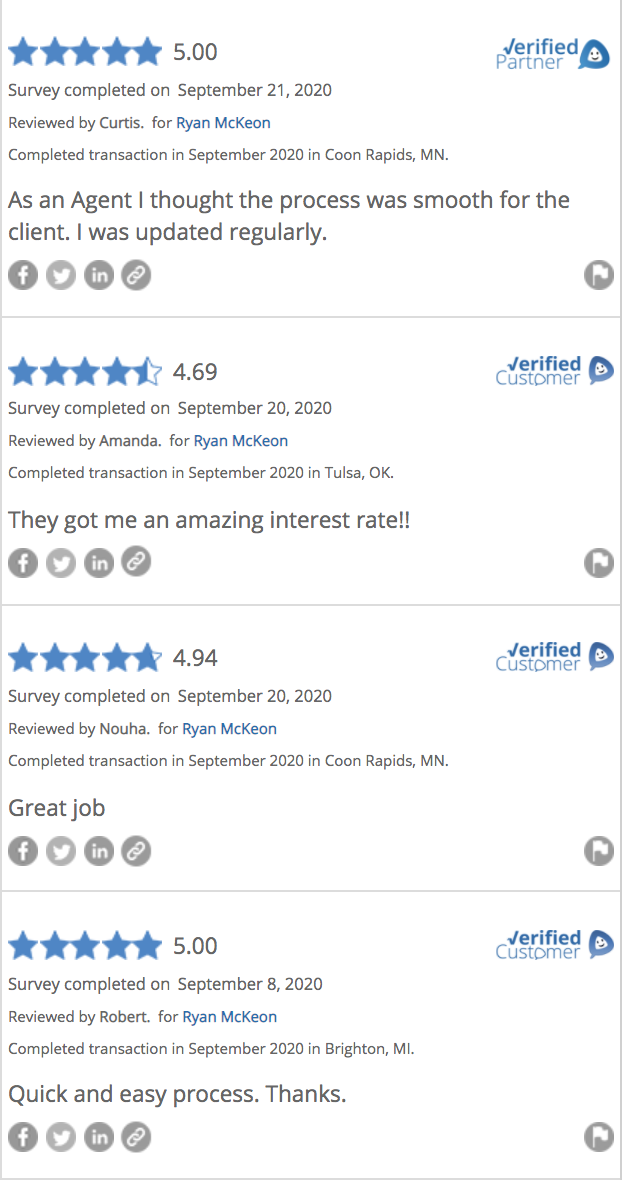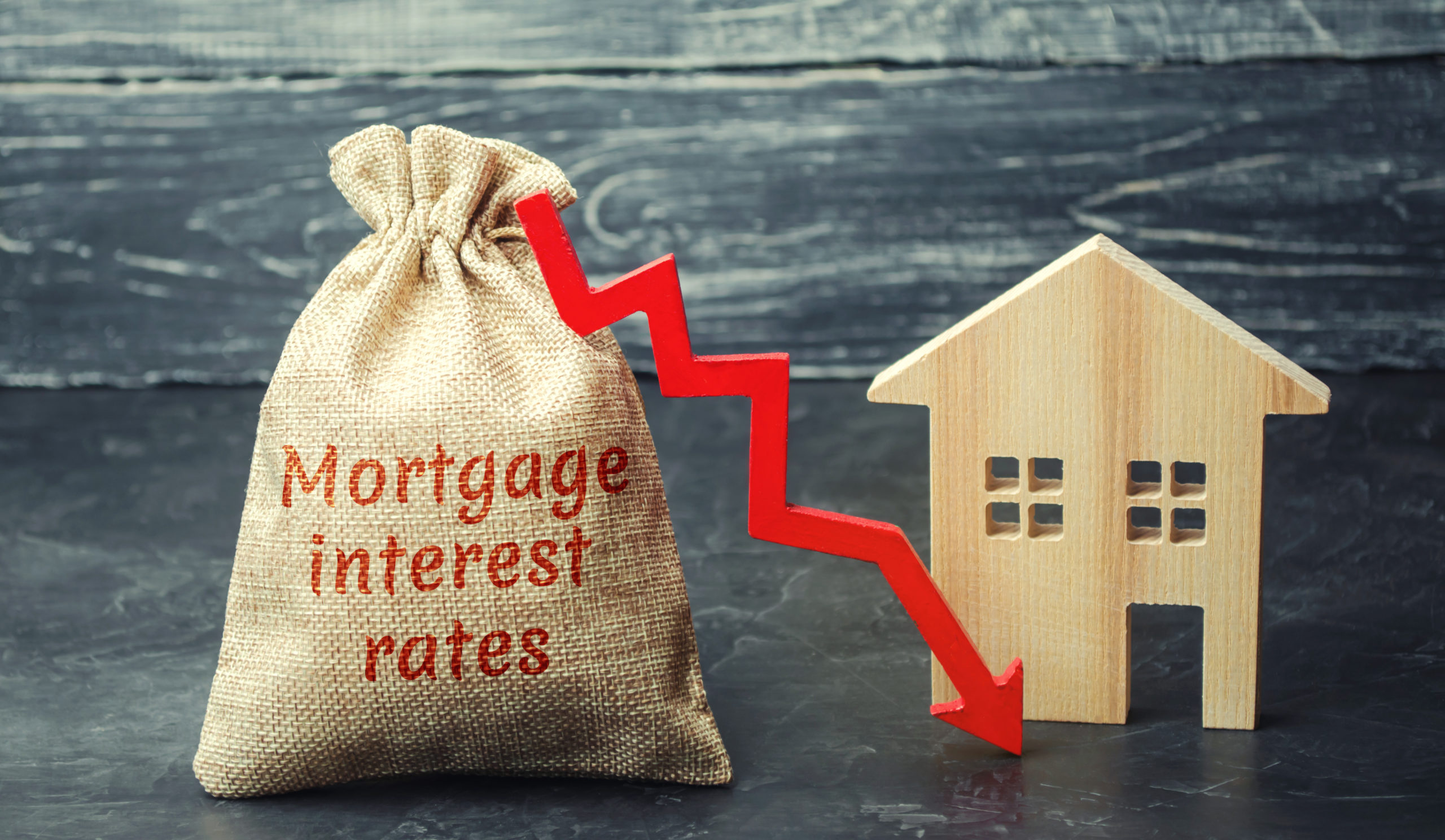Life can be stressful, especially when your mortgage rates are high. Your mortgage rates are set when you first purchase your home. Although they may seem manageable at first glance, things may change once you get your first billing statement.
Many factors determine your mortgage rates. Some are within your control, and some are not. We’ve created a list to help you understand what affects your mortgage rate before applying for a home loan.
Mortgage Rate Factors That You Can Control
Florida mortgage lenders determine your interest rates based on the information you give them on your mortgage application. When determining these rates, the lender will pay close attention to how reliable you are as a borrower.
Below are a few significant factors that the Florida mortgage company will analyze before determining your mortgage rates.
Your Credit Score
Your credit score is an important factor that impacts your mortgage rates. Paying off your debts in full and on time will help to raise your credit score. This makes it much easier to get more affordable rates.
On the other hand, if you fail to pay off your debts or consistently make late payments, you may have a lower credit score. This causes you to have higher monthly payments and interest rates.
Loan-to-Value Ratio
LTV is the ratio between the amount of money you are borrowing and the value of your home. Typically, this amount will be less than 100%. This means that if you buy a house for $100k, but only borrow $90k, then your loan to value ratio is 90%.
The lower your LTV is, the easier it is to qualify for a loan. This also means that you can borrow more money for the same amount of equity in your home, which helps to lower your rates. However, if you have an LTV above 80%, it can become challenging to be approved for a loan, and your interest rates will be higher.
Your Down Payment
Offering a larger down payment invests more money into your deal. This gives the lender additional security since there is equity already set aside for them. This will not only reduce your LTV but also lower the risk associated with lending you money. Lenders will be more inclined to give you lower rates if your down-payment is higher.
Debt-to-Income Ratio
If you’re applying for Florida mortgage loans, your debt-to-income ratio is another factor that will affect your mortgage rates. The debt-to-income ratio is the total sum of your debts compared to how much you earn per year. It is also known as DTI. If your ratio is high, lenders consider you financially unstable, which results in higher rates.
The debt-to-income ratio is an excellent indicator of the risk factor for a loan. A high debt-to-income ratio will increase monthly payments and can lead to higher interest rates.
Property Type
If you are considering purchasing a home in the next two years, buying property in an up-and-coming neighborhood may be a wise decision. Location and estimated equity in the future will help a lender determine your mortgage rate. The type of property you are buying will also have a significant effect on the mortgage rate of your new Florida home.
For example, if you want to buy a condo in an area that is currently being developed, the chances are good that you will have a lower interest rate on your mortgage.
Lenders
We all want to find the most affordable rates available but opting for an unlicensed lender because they offer a lower rate may not be in your best interest.
There are many different types of lenders, each with its own policies and procedures. Not all companies will be able to offer you the best deal in terms of interest rates. For a Florida mortgage company to remain in business, they may be required to charge higher rates than other companies. On top of that, they may also charge additional fees.
Your Mortgage Term
The term of your mortgage refers to the number of years you will have to repay it. The shorter the term, the lower your interest rates are likely to be. Keep in mind that there are advantages and disadvantages for both long-term mortgages (30-year) and short-term mortgages (15-year). It is essential to determine what you expect from your home in terms of resale value and market conditions.
Mortgage Rate Factors That You Cannot Control
Changes influence the overall level of mortgage rates in the market. Fluctuating mortgage rates are typically based on the economic conditions and investment strategies of the current market.
Government Intervention
The government plays a significant role when it comes to interest rates. As we mentioned earlier, they are essentially the ones who set the prime rate every quarter based on how the economy is performing.
If they believe that stimulating growth is essential, they may choose to lower interest rates. If they decide that it is important to keep inflation in check, they may increase interest rates.
The Economy
Changes in the economy will determine whether the interest rates on mortgages are rising or falling. A robust and stable economy typically results in lower mortgage rates, while a struggling economy will result in higher rates.
If you’re looking to apply for a new home loan in Florida, it’s in your best interest to check the current economic conditions and ensure that they are stable before you make any decisions.
Inflation
Inflation is the rise in the general level of prices that consumers pay for goods and services. The Federal Reserve closely monitors inflation, which impacts interest rates. As inflation increases, so do mortgage rates. This is because lenders have to offset rising costs by charging higher rates on loans they make – especially mortgages. On the other hand, if there is deflation, then interest rates tend to go down.
Job Growth
Another factor that the Federal Reserve closely monitors is job growth. If there are more jobs available, there is a higher chance that people will pay back their loans on time.
They may choose to decrease interest rates on mortgages based on estimated job growth. However, if the unemployment rate is high, the Federal Reserve may decide to increase mortgage rates to increase spending and investing.
Other Factors
Other miscellaneous factors play a role in interest rates. Things like consumer trends and demand for loans will have an impact on mortgage rates. If there is an increased demand for homes, rates may be impacted positively because more people can afford to buy them.
On the flip side, if the desire to purchase homes decreases, rates may be negatively impacted. Many different factors play a role in the mortgage rates you are offered, so it’s essential to do extensive research before making any decisions.
The Federal Reserve
The Federal Reserve directly influences mortgage rates because they set the interest rates for financial institutions. When the Federal Reserve raises or decreases rates, lenders follow suit and pass these changes onto their customers. When you see headlines about how much the Federal Reserve increased or decreased rates, you should expect to receive rates that correlate with their decision.
Parting Words
While rates may vary based on your circumstances, it is still beneficial to know what the average mortgage rates are and what affects them. By educating yourself, you will be more prepared when speaking with lenders. You’ll also be able to compare rates between lenders and choose the rate that works best for you and your budget.
If you are looking for home loans or trying to determine what you can afford, the 1st Florida Mortgage Company is here to help! We are the most trusted local Florida mortgage lenders.
Our qualified mortgage professionals will not only guide you through the process but will help you to find a loan that best fits your needs and budget. We will answer any questions you may have about rates, payment plans, or programs. We are here to help you achieve your home-buying goals! Call us today to connect with one of our friendly staff members!










